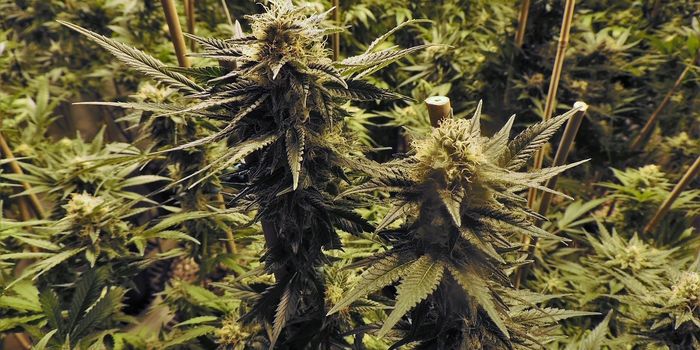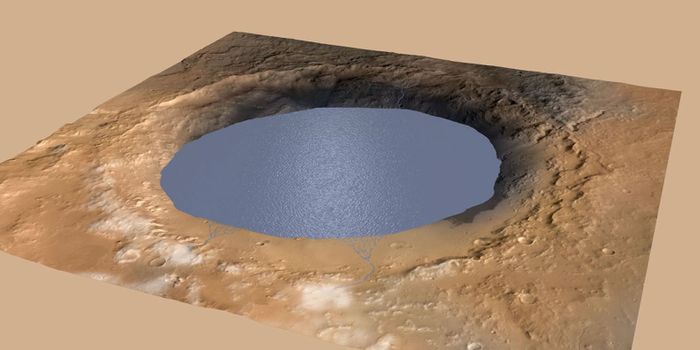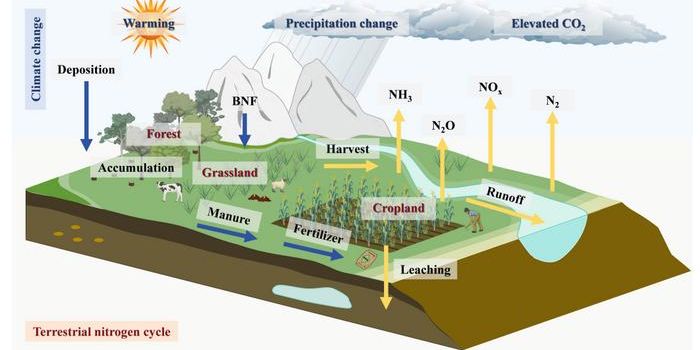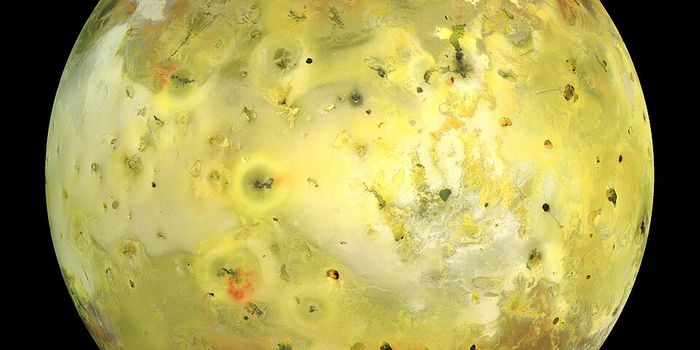Earth Science: A Brief Overview
Labroots has a rich history of publishing recent news and events in the realm of the Earth and its environment, including topics ranging from climate change to geological processes to ancient Earth to health. Here, we will briefly discuss what Earth science is, who studies it, why study it, and how it has benefited us and how we view our small, blue world.
What is Earth Science?
As its name implies, the field of Earth Science involves the study of the Earth and its myriad of properties and processes that shape it. This includes the ancient Earth along with current and potentially future processes. The various properties of the Earth include the atmosphere, biosphere, geosphere, and hydrosphere, which include the water cycle, rock cycle, and nutrient cycle.
Who studies Earth Science?
Careers in Earth Science are broken down into a myriad of subdisciplines, including geologists, environmental scientists, geoscientists, atmospheric scientists, meteorologists, soils engineer, oceanographer, and seismologist, just to name a few. These individuals often work collaboratively on research projects in hopes of better understanding the various processes discussed above.
Why study Earth Science?
Earth Science is a vital field designed to help us better understand how life formed and evolved throughout the planet’s approximately 4.5-billion-year history, along with how life will continue to evolve going forward. Additionally, it is also used to help scientists and the public better understand how humans are impacting the planet, specifically regarding climate change, and what steps could be taken to help mitigate these effects.
How has Earth Science benefited us?
Along with helping us better understand Earth’s past and current processes that shape this planet, Earth Science has played a vital role in identifying more natural resources and clean energy sources to help mitigate the effects of climate change. Essentially, it has helped the billions of people around the world better understand how the increased levels of technology and depletion of natural resources have impacted Earth and the environment.
What else will we learn about Earth Science in the coming years and decades? Only time will tell, and this is why we science!
As always, keep doing science & keep looking up!
Sources: Labroots, Labroots (1), Labroots (2), Labroots (3), National Science Foundation, BioEd Online, CSU Long Beach, American Geoscience Institute








